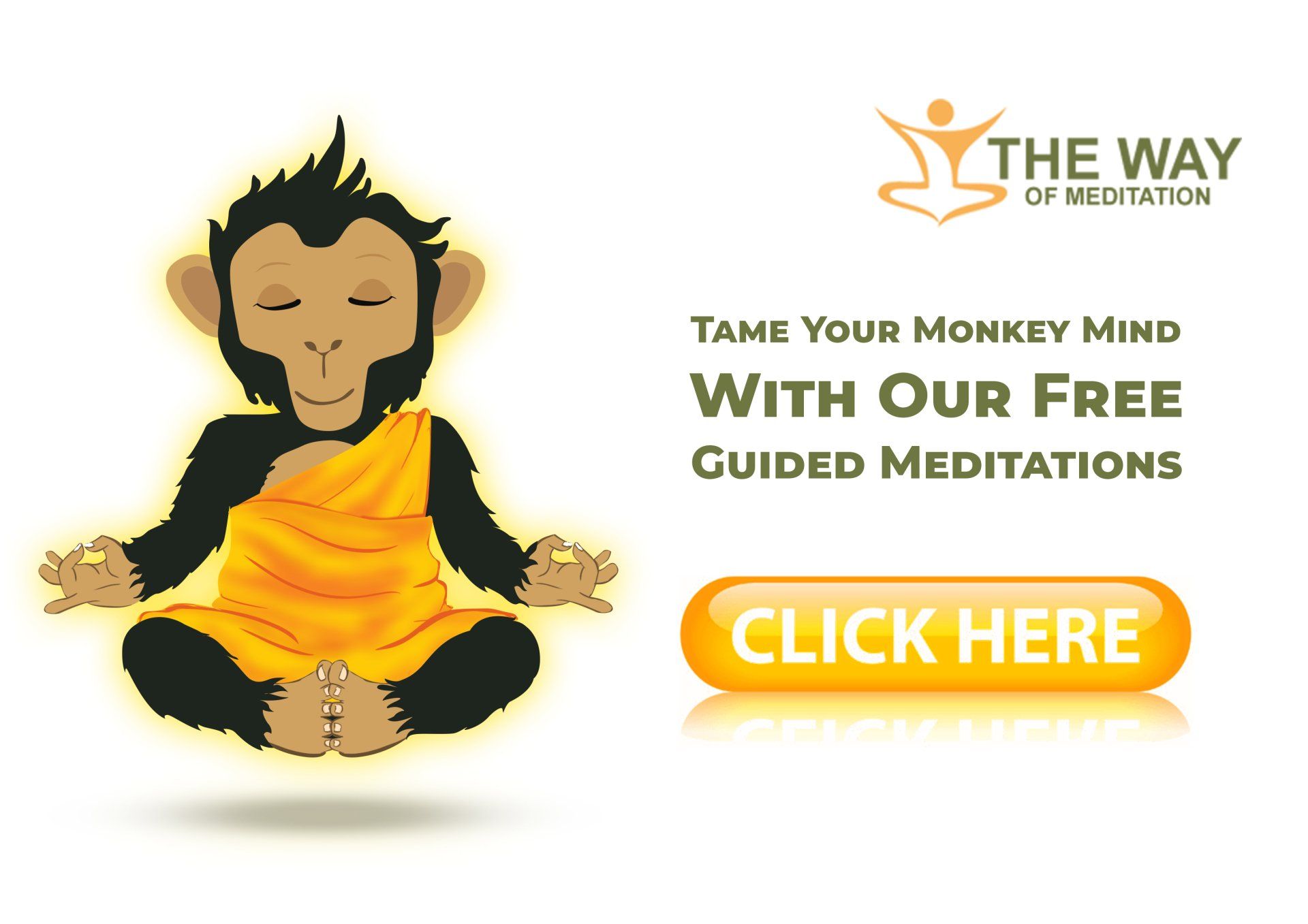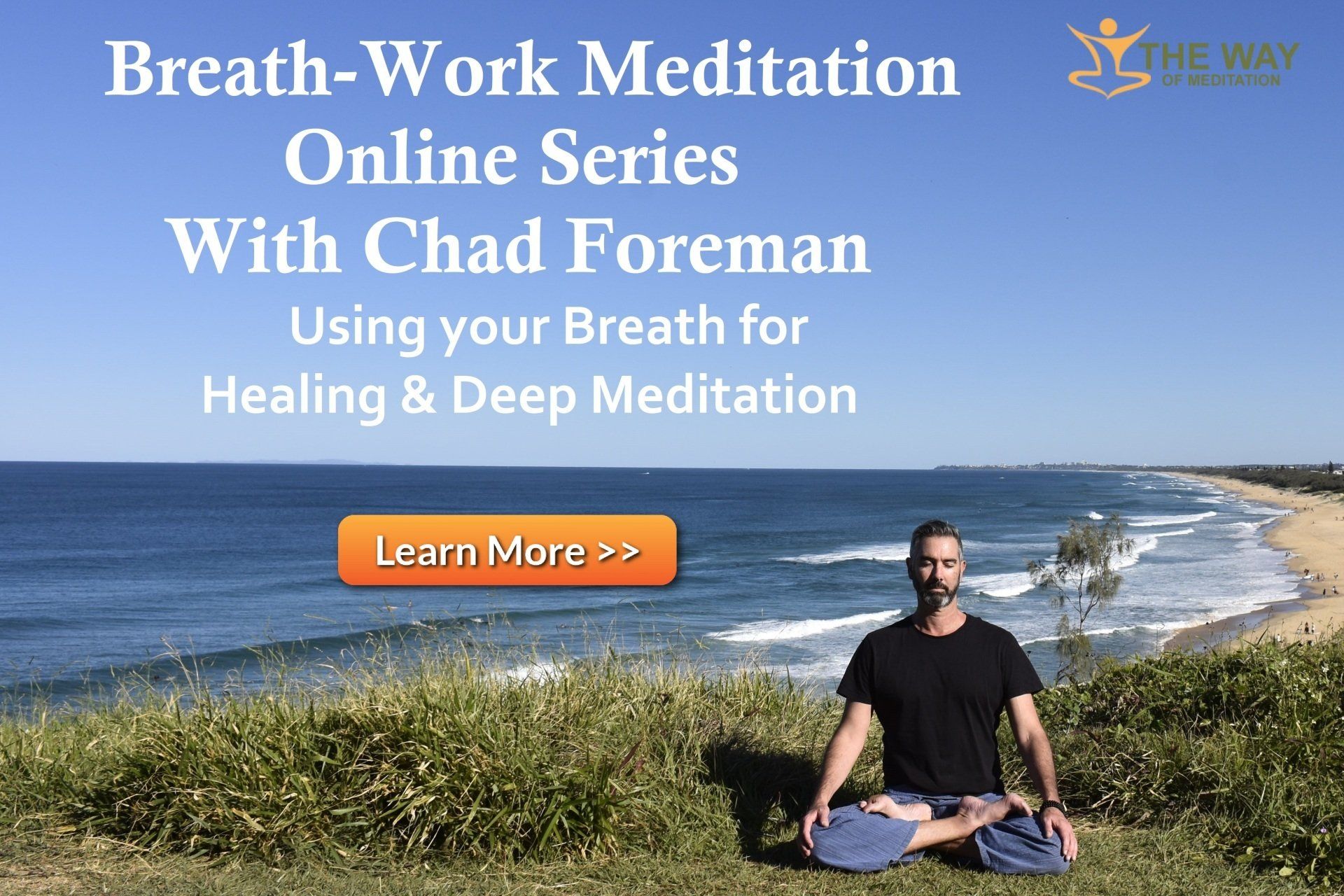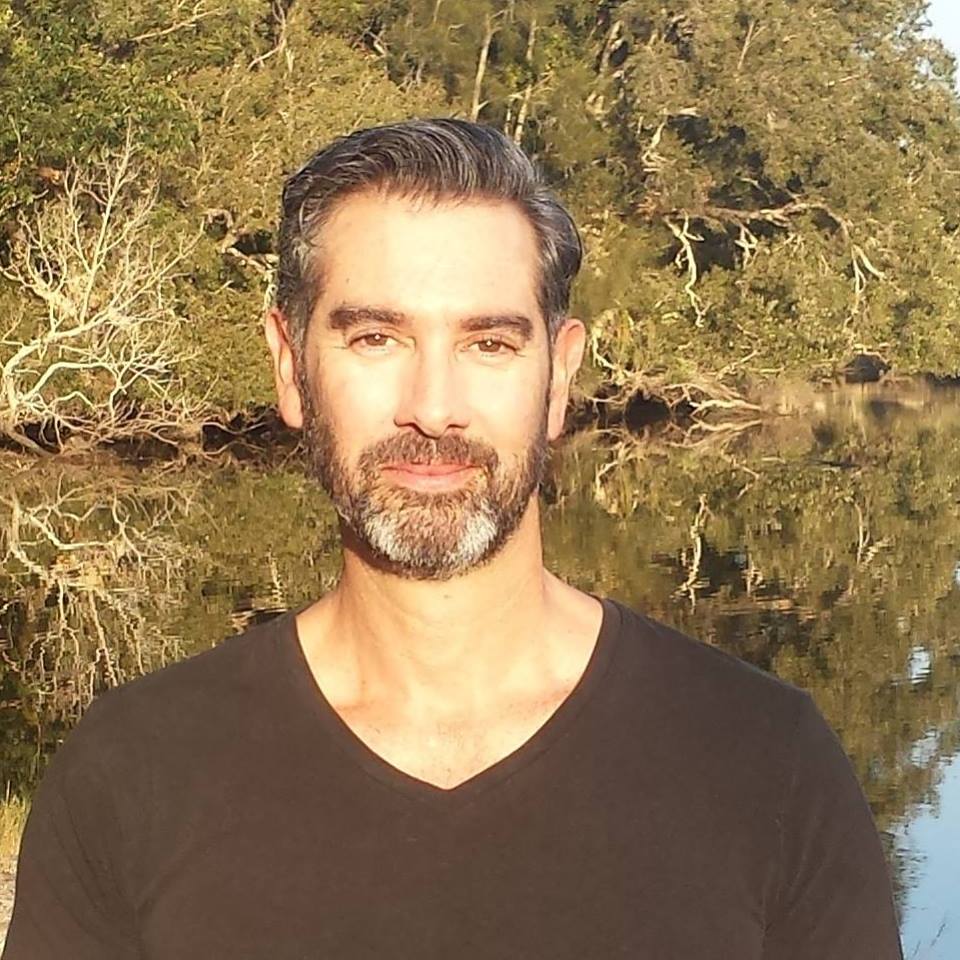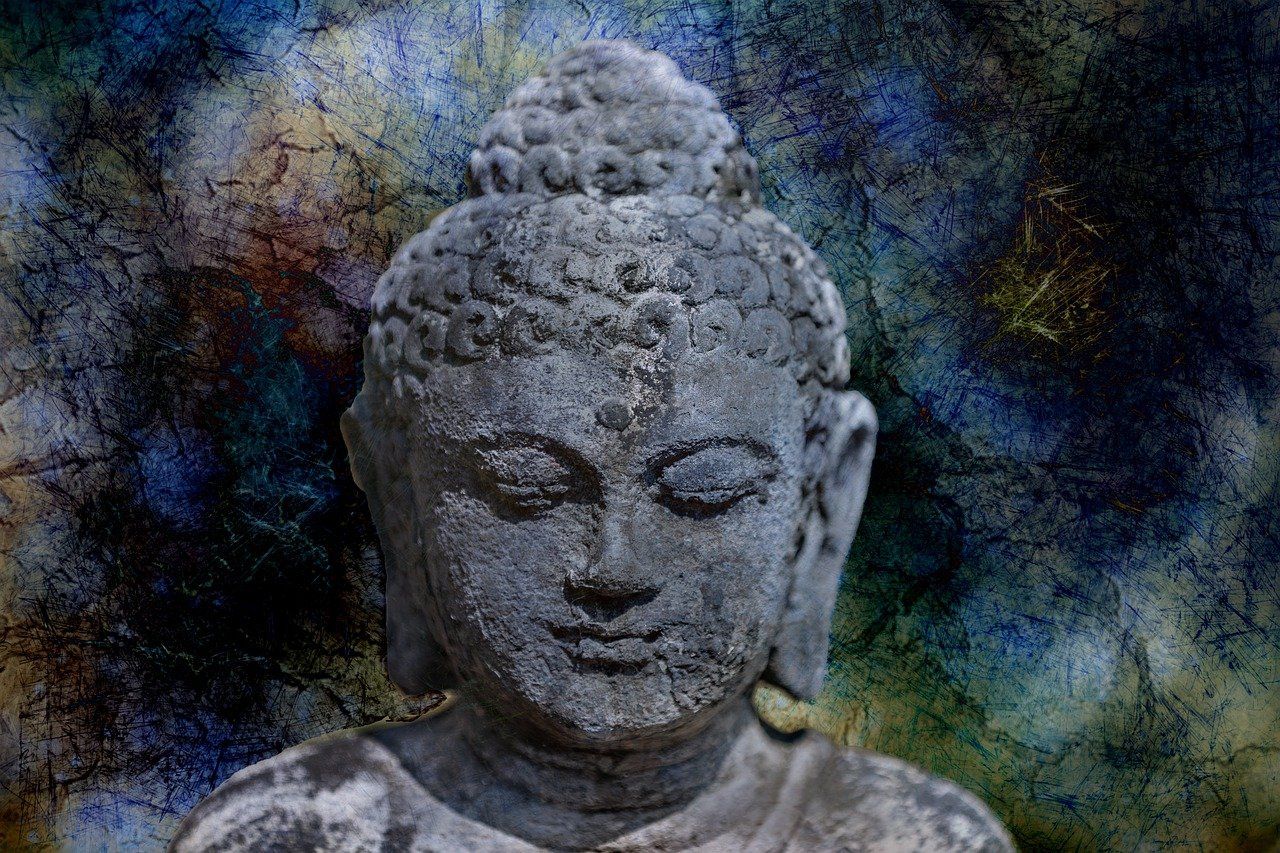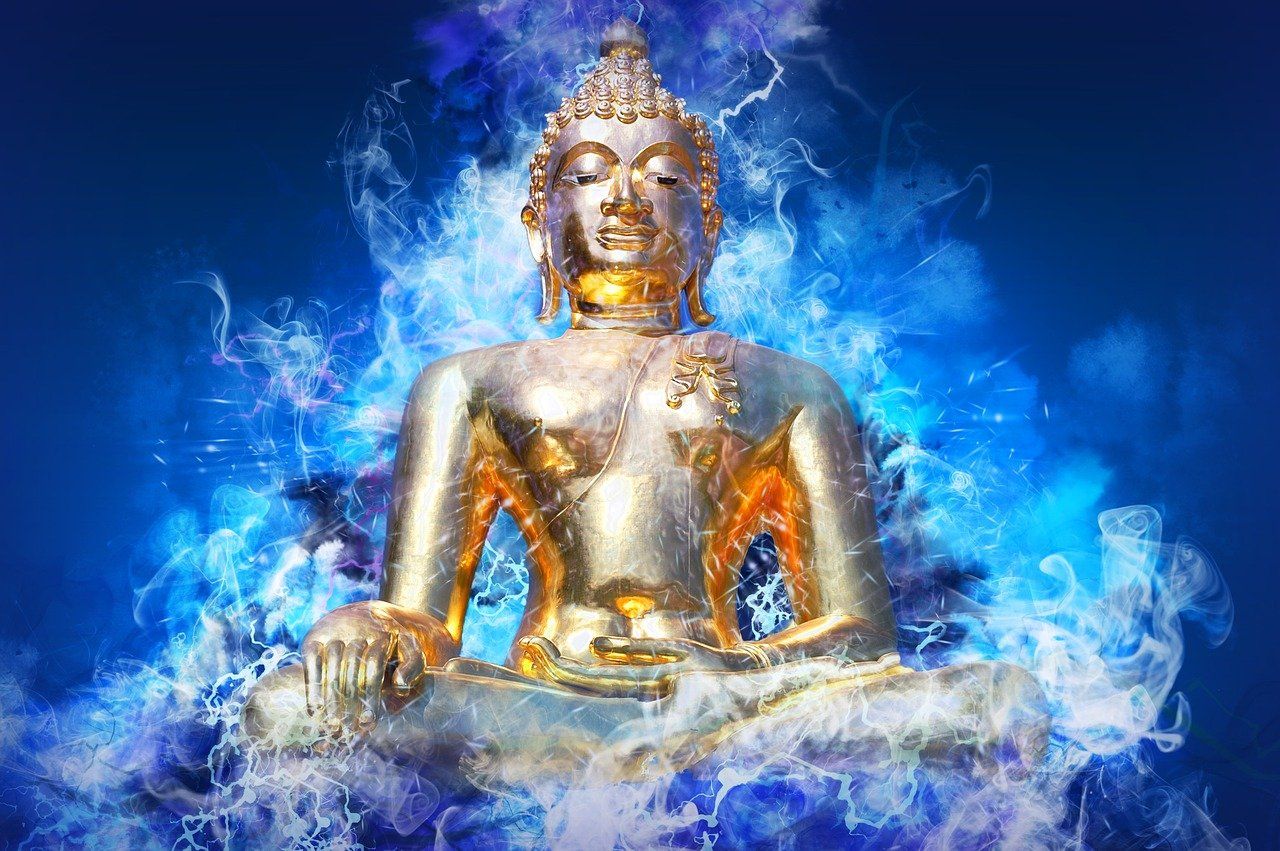Why Guidance In Meditation Is So Important
Everyone Needs Guidance
The only exception is the natural meditation states of people who play sports or become absorbed in their hobby or even someone doing a puzzle can slip into deep concentrated states without guidance or any help. But lets leave that aside and talk about formal meditation practice.
Within most of the eastern wisdom traditions having a teacher was vitally important to get the proper guidance from someone who had experienced the various levels of meditative realisation and therefore knew what to tell people about them. It was important to find a teacher who had actual experience for themselves and not just studied the books of former masters. Just like if you wanted to visit a country that you had never been to the best person to guide you would be someone who frequently travelled there themselves and had extensive knowledge of the place.
It seems reasonable to suggest that if you are going to meditate it is very important to know why you are meditating, what you expect to find and what you trying to achieve. Even if what you are making an effort to achieve is to go beyond ambitions or effort.
I was guided in meditation through the traditional route and got instructions from a Tibetan Buddhist Master who I considered my spiritual friend and Guru and then went away and meditated exactly as he instructed even doing week long retreats following his instructions. If I needed more help I would go back to the Guru, ask questions and modify my practise in accordance with his advice.
I started to lead guided meditations with people who visited the Buddhist centre where I was living and studying and realised it was the modern equivalent of passing on vital information and guidance.
My main job was to keep people’s minds from wandering and keep them focused ‘on the job’. As a former tennis coach what I was doing was similar to imparting the skills of tennis. Also as a meditator I realised the huge job it was keeping your mind from wandering. People would tell me they didn’t even know they were distracted from the breath until I said come back to the breath. This is a vital skill to learn in meditation; the recognition of whether you are focused on your task or whether you are simply lost in thoughts daydreaming.
Once you have learned the skills of meditation in a group meditation you can then become your own guided meditation teacher by internalising the instructions. When you sit down to meditate you still have the teachers voice in the corner of your mind instructing you in what you are meant to be doing and how do to it. Eventually that voice becomes your own.
It is important to note that instructions and guidance are important like a map of an area, but once you have arrived at your location you put down the map.
Similarly instructions and guidance are important but actually doing and experiencing what is being pointed to is the main objective not just mastering the map but experiencing the location. For example in calm abiding mindfulness training you must continually guide yourself back to your object of meditation, let’s say your breath, by first noticing your distracted and then guiding yourself back to focusing with relaxation on your breath, but when you are already focused on your breath there is nothing left to do and no guidance needed just remain calmly focusing on the breath.
In more advanced states of meditation it is very easy to mistake states of subtle sleepiness for the deep bliss of enlightenment. One master says it is the most common mistake to make, so it is very important to get guidance from an experienced teacher to guide past these dull states to the genuine clarity of awakening.
Also states of non thought and even bliss can be brought about due to causes and manipulative techniques but they are only temporary and fleeting states – they are not the sought after discovery of a transcendent nature which has similar experiences accompanying it. It is important to not get attached to these pleasant meditation experiences and keep going beyond them.
So when you have internalised the instructions and guidance whether by a group meditation or learning the instructions directly from a teacher or even from a book or the internet you can then meditate skilfully and reap the benefits and achieve your goals. Whether those goals are stress reduction, improving concentration or contacting a non dual enlightened presence hidden within. Finally a good teacher can help confirm your experiences and let you know if you have further to go or you have already arrived at your destination.
Further Reading – 4 Questions You Should Ask A Meditation Teacher (Before You Commit)
Written by Chad Foreman
Chad Foreman is the founder of The Way of Meditation, has been teaching meditation since 2003, determined to bring authentic meditation practices into the lives of millions of people in the modern world. Chad is a former Buddhist monk who spent 6 years living in a retreat hut studying and practicing meditation full time and has now has over twenty years’ experience teaching meditation. Chad holds regular Meditation Retreats on the Sunshine Coast Australia, has Online Meditation Coaching, delivers three online programs - The 21 Day Meditation Challenge to help guide people gradually from the basics of mindfulness and relaxation to profound states of awareness. Breath-work to help manage stress and go deeper into meditation and The Bliss of Inner Fire which is a Buddhist tantric method for purifying energy blocks and contacting the clear light of bliss. You can also now get Chad's free e-book Insights Along the Way.
Get A FREE
Guided Meditation Series
with Chad Foreman





